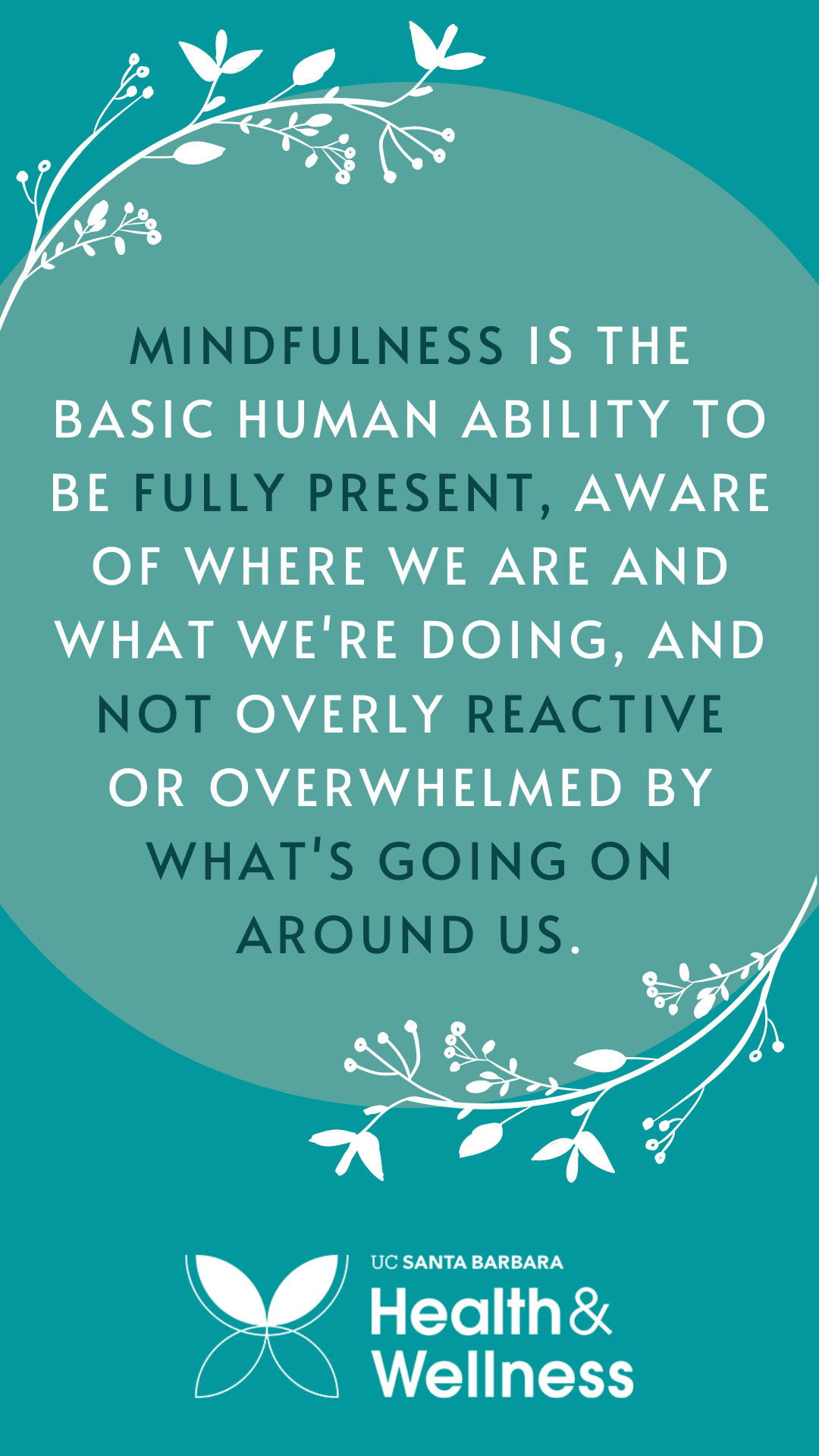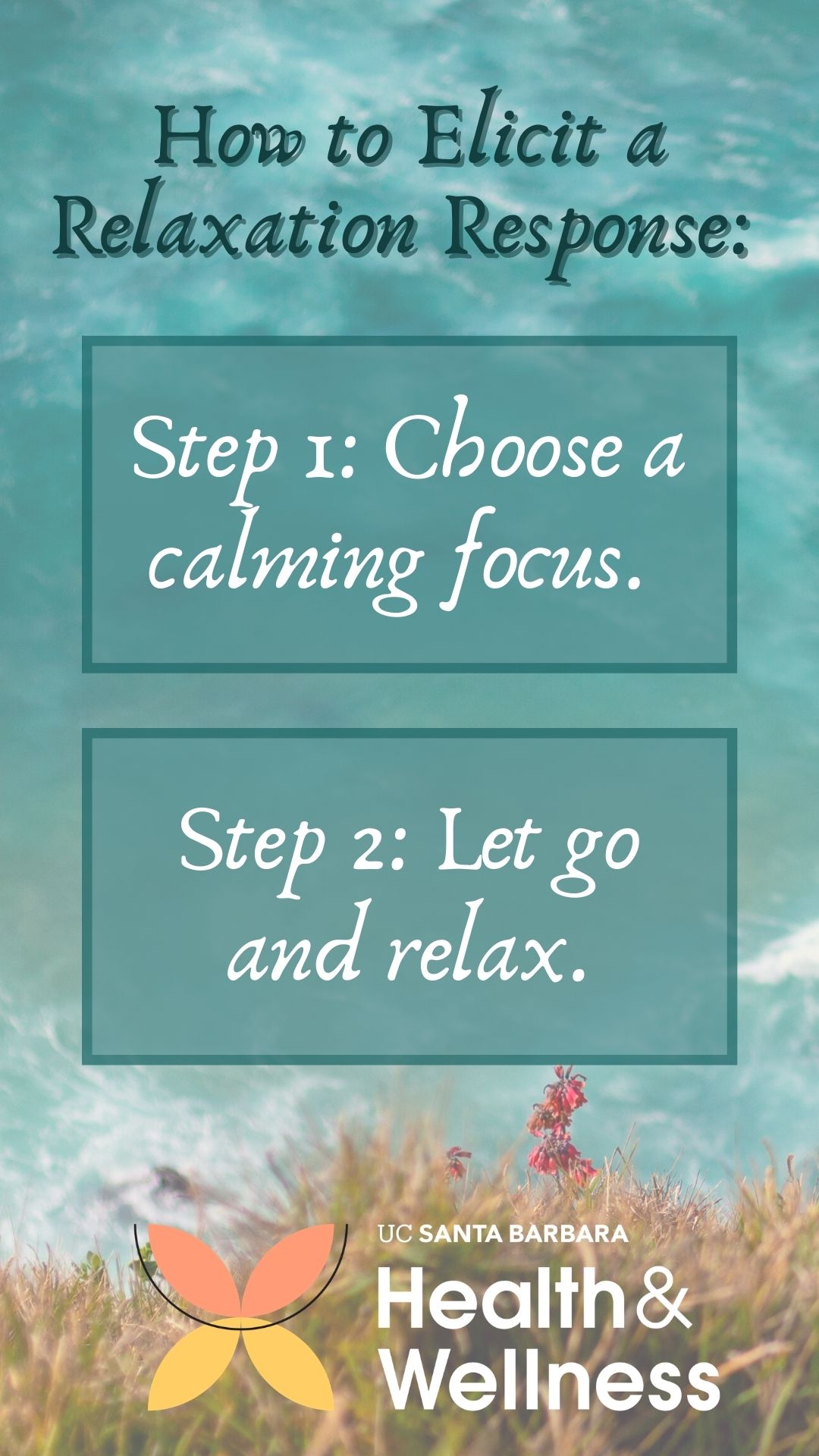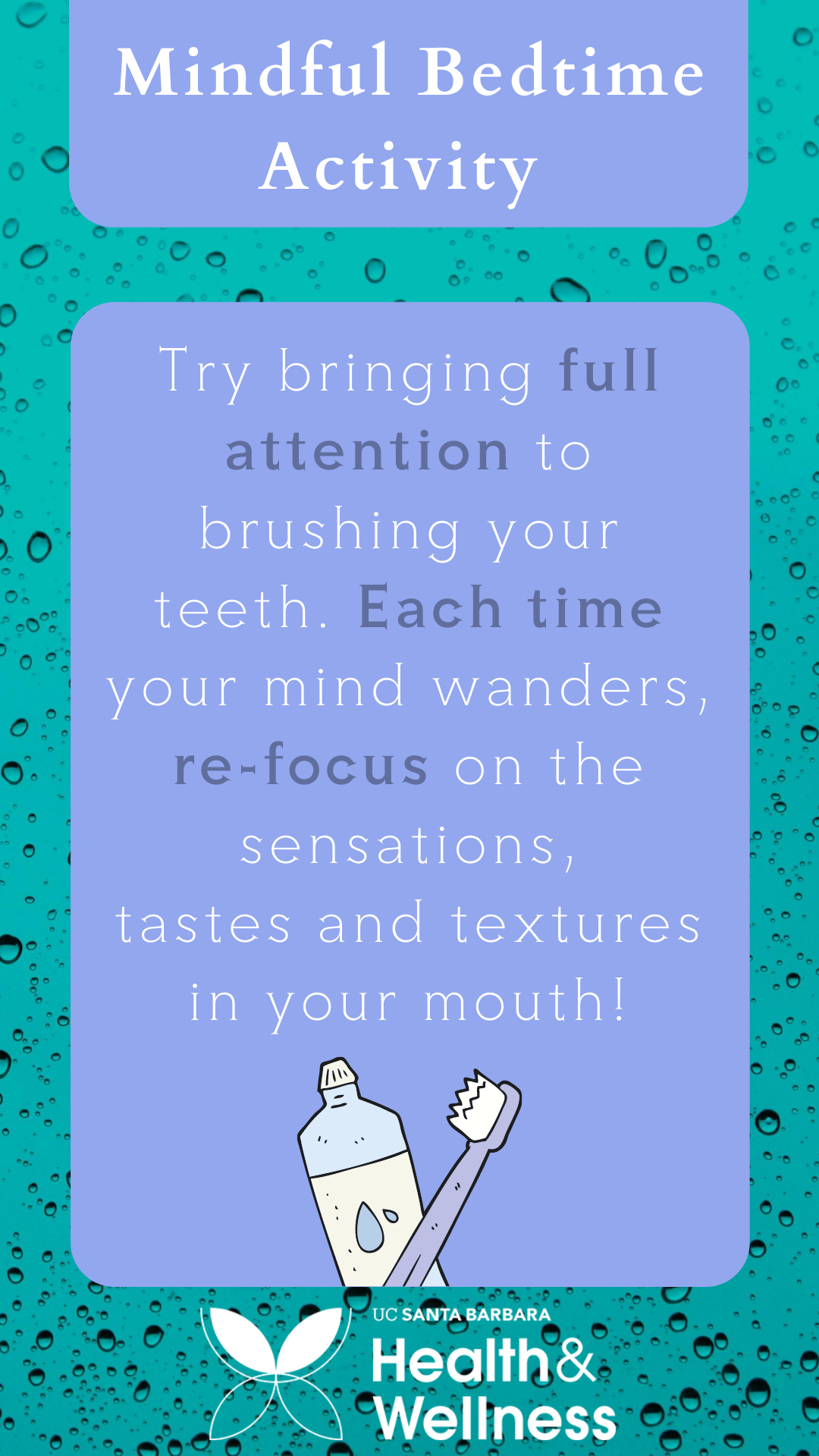

Getting to sleep can be difficult at times. Even if you feel drowsy at night, you might find yourself unable to relax your mind and clear your thoughts long enough for you to fall asleep. A great practice that may help elicit mental relaxation is mindfulness meditation. Mindfulness is the basic human ability to be fully present, aware of where we are and what we're doing, and not overly reactive or overwhelmed by what's going on around us. We all inherently possess that ability to be present but it can take practice to notice when the mind has wandered and come back to the present moment.
In more recent years, meditation became popularized in the west, leading to in depth studies of the benefits this practice can bring. Science suggests that mindfulness meditation helps create new neural pathways that strengthen our ability to calm our minds which can help us fall asleep easier at night. A recent study of a randomized clinical trial included 49 middle-aged and older adults who had trouble sleeping. Half completed a mindfulness awareness program that taught them meditation and other exercises designed to help them focus on, “moment-by-moment experiences, thoughts, and emotions.” The other half completed a sleep education class that taught them ways to improve their sleep habits. Both groups met six times, once a week for two hours. Compared with the people in the sleep education group, those in the mindfulness group had less insomnia, fatigue, and depression at the end of the six sessions.
Black, D. S., O’Reilly, G. A., Olmstead, R., Breen, E. C., & Irwin, M. R. (2015). Mindfulness meditation and improvement in sleep quality and daytime impairment among older adults with sleep disturbances: a randomized clinical trial. JAMA internal medicine, 175(4), 494-501.
The findings come as no surprise to Dr. Herbert Benson, director emeritus of the Harvard-affiliated Benson-Henry Institute for Mind Body Medicine. “Mindfulness meditation is just one of a smorgasbord of techniques that evoke the relaxation response,” says Dr. Benson.
The relaxation response, a term he coined in the 1970s, is a deep physiological shift in the body that’s the opposite of the stress response. The relaxation response can help ease many stress-related ailments, including depression, pain, and high blood pressure. For many people, sleep disorders are closely tied to stress, says Dr. Benson.
Mindfulness meditation often involves picking a particular point of focus (breath, sound, body sensations) and then bringing your mind’s attention back to this focus when it has wandered. It helps you break the train of habitual thoughts and can elicit a relaxation response in the body by recognizing when we have drifted into concerns about the past or future.
Dr. Benson recommends practicing mindfulness each day. “The idea is to create a reflex to more easily bring forth a sense of relaxation,” he says. That way, it’s easier to evoke the relaxation response at night when you can’t sleep. In fact, the relaxation response can be so relaxing, your daytime practice should be done sitting up or even moving (as in yoga or walking meditation) so as to avoid nodding off.
Try these two simple steps:
Step 1: Choose a calming focus. Good examples are your breath, a positive ord (“calm” or “rest”), or a phrase (“I know I am breathing in, I know I am breathing out” or “I am relaxed”). If you choose a word or phrase, repeat it aloud or silently to yourself synching it with your inhale and exhale.
Step 2: Let go and relax. Don’t worry about how you’re doing. When you notice your mind has wandered, simply take a deep breath or say to yourself, “thinking, thinking” and gently return your attention to your chosen focus.
Corliss, J. (2015, February 18). Mindfulness meditation helps fight insomnia, improves sleep. Harvard Health Publishing. https://www.health.harvard.edu/blog/mindfulness-meditation-helps-fight-insomnia-improves-sleep-201502187726


As noted, mindfulness is something we naturally possess, but it’s more readily available to us when we practice on a daily basis. It is important to understand the interplay between mindfulness and the practice of meditation to help improve sleep. To experience the transformative power of mindfulness, one must practice meditation. There is no shortcut. It is tempting to read a book or watch a video about mindfulness but unless you actually spend at minimum, 10 minutes a day practicing a meditation skill or technique, you won’t achieve the most profound effects mindfulness has to offer, including improved sleep. Mindfulness is just like any other skill or ability, it improves with practice.
For those who have more difficulty with imagination-based meditation, try using these relaxation techniques to combat anxiety and promote sleep: These meditative methods reduce stress by shifting your focus to something external, which helps to calm the body.
1. Progressive Muscle Relaxation is a deep relaxation technique. Try tensing and relaxing 16 different muscle groups: hands, wrists and forearms, biceps, shoulders, forehead, around the eyes and nose, cheeks and jaw, around the mouth, back of the neck, front of the neck, chest, back, stomach, hips and buttocks, thighs, and lower legs.
2. Autogenic Training is thought of as a form of self-hypnosis that encourages feelings of warmth and reduces tension.
Here is an example of this exercise:
- Find a quiet place where you feel comfortable. Lie on the floor or sit in a chair
- While breathing slowly and evenly, say to yourself “I am completely calm”
- Tell yourself aloud “my legs are very heavy” and repeat this phrase six times. Then say, “I am completely calm.”
- Tell yourself aloud “my abdomen is warm” and repeat this phrase six times. Then say, “I am completely calm.”
- Tell yourself aloud “my forehead is completely calm” and repeat this phrase six times. Then say, “I am completely calm.”
- When you are ready to stop, quietly say “arms firm, breathe deeply, eyes open”
Cuncic, A. (2020, August 16). How to practice autogenic training for relaxation. Verywell Mind. Retrieved August 2, 2022, from https://www.verywellmind.com/how-to-practice-autogenic-training-for-relaxation-3024387
Newsom, R. (2022, April 1). Relaxation exercises to help fall asleep. Sleep Foundation. Retrieved August 29, 2022, from https://www.sleepfoundation.org/sleep-hygiene/relaxation-exercises-to-help-fall-asleep
- Lie flat on your back with your knees bent
- Settle one hand on your stomach (below the rib cage) and one on your upper chest and slowly begin to breathe through your nose. The air should travel deeply into your belly. Make sure the hand on your chest is still as the hand on your stomach moves up and down
- As you tighten your abdominal muscles, let your hand travel inwards, then gradually move back to its original position with each exhale
- Practice for 10 minutes a couple of times a day
Harvard Medical School. (2016, March 10). Learning diaphragmatic breathing. Harvard Health. Retrieved August 2, 2022, from https://www.health.harvard.edu/healthbeat/learning-diaphragmatic-breathing
Health & Wellness also offers a variety of meditations weekly, each with different topics and themes. These drop-in sessions are short and beginner friendly. Check out our schedule here.
We also offer a 4-week workshop called Koru, for those wishing to delve deeper into the different techniques of mindfulness meditation. This series utilizes an evidence-based skills curriculum developed by two school psychiatrists at the Duke University Counseling Center. Sign up here:

This work is licensed under a Creative Commons Attribution 4.0 International License.